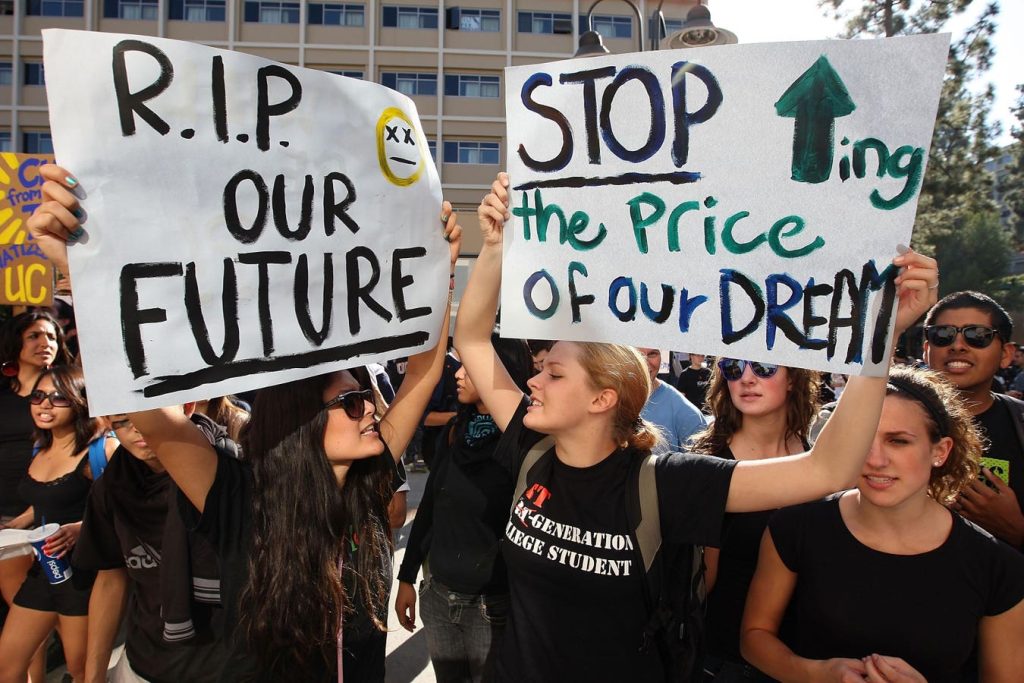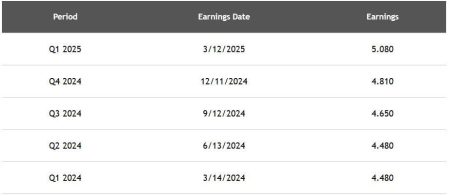The escalating cost of higher education in the United States has become a significant burden for most American families. Despite the expansion of federal financial aid programs, student debt levels have reached unprecedented heights, trapping many in a cycle of financial strain. While various strategies exist to mitigate tuition costs, a prevalent approach involves earning college credit through advanced coursework completed before high school graduation. This can take the form of dual enrollment programs, where high school students take college-level courses at community colleges, or through Advanced Placement (AP) and International Baccalaureate (IB) programs. These programs offer a pathway to college credit by achieving qualifying scores on standardized exams or completing rigorous curricula. However, the increasing adoption of these cost-saving measures has prompted a concerning response from many colleges and universities.
Recognizing the potential revenue loss from awarding college credit for pre-college work, institutions of higher education have implemented strategies to limit the acceptance and application of AP, IB, and dual enrollment credits. A recent study conducted by the Progressive Policy Institute (PPI) analyzed the credit policies of the top 150 colleges and universities, revealing a stark reality: numerous institutions are actively restricting the use of advanced coursework credits towards degree completion. This practice effectively undermines students’ efforts to save money and time on their college education. The study exposed a range of tactics employed by colleges to curtail the benefits of advanced coursework. Some institutions, including prestigious names like Dartmouth, Brown, Caltech, and Williams, offer no credit whatsoever for AP or IB work, regardless of the student’s performance. This outright denial of credit eliminates any financial advantage students might gain from their pre-college achievements.
Compounding the issue, many of these same institutions allow students to waive introductory courses based on their AP or IB scores. While this seemingly provides some benefit by allowing students to bypass introductory material, it doesn’t reduce the overall cost of education. Students still pay full tuition while effectively receiving no credit for the knowledge they’ve already demonstrated. This practice appears designed to create the illusion of acknowledging prior learning without impacting the institution’s revenue stream. Further restricting the utility of advanced placement, over half of the institutions surveyed impose caps on the total amount of credit that students can apply towards their degrees. These caps are often strategically set just below the threshold required to graduate a semester or two early, neutralizing the potential for significant cost savings.
Beyond the limitations on AP and IB credit, the transfer of credits from community colleges presents another obstacle for cost-conscious students. A substantial portion of university students begin their higher education journey at community colleges, seeking a more affordable pathway to a four-year degree. However, navigating the credit transfer system often proves complex and frustrating. Students frequently encounter difficulties in having their community college coursework recognized and applied towards their university degree requirements. This lack of clarity and consistency forces many students to repeat courses they’ve already taken, adding unnecessary time and expense to their education.
The opaque nature of credit transfer policies further exacerbates the challenges faced by transfer students. In many cases, students are required to enroll and begin attending classes at a four-year institution before receiving definitive information about the transferability of their community college credits. This creates a precarious situation where students are financially committed to a program without knowing the full extent to which their prior coursework will be recognized. They are left with limited recourse to obtain a full refund or explore alternative enrollment options if the credit transfer process proves unfavorable. This power imbalance places students at the mercy of institutional policies that prioritize revenue generation over academic progress.
While some concerns have been raised regarding the rigor and standardization of AP exams, these concerns should not overshadow the core issue of access and affordability. Colleges should advocate for improvements to the AP and IB programs rather than penalizing students who have successfully completed advanced coursework. The ability to earn college credit through these programs can significantly reduce the financial burden of higher education. Students who achieve qualifying scores on AP or IB exams demonstrate a level of mastery that warrants college credit. Denying this credit effectively negates the value of their hard work and reinforces the financial barriers to higher education.
To address these systemic issues and ensure that advanced coursework translates into tangible cost savings for students, comprehensive reforms are necessary. State-level policies mandating the acceptance of qualifying AP and IB scores, like those implemented in Texas and Illinois, offer a promising model. Expanding these policies nationwide would create a more equitable playing field for students seeking to leverage their pre-college achievements. Furthermore, a national database detailing the credit policies of all colleges and universities would provide much-needed transparency and empower students to make informed decisions about their educational pathways. Requiring institutions to provide admitted students with a clear and comprehensive assessment of their transferable credits prior to enrollment would eliminate the uncertainty and financial risk associated with the current opaque system. These reforms would promote fairness, transparency, and affordability in higher education, allowing students to maximize the value of their advanced coursework and reduce the financial burden of pursuing a college degree.










